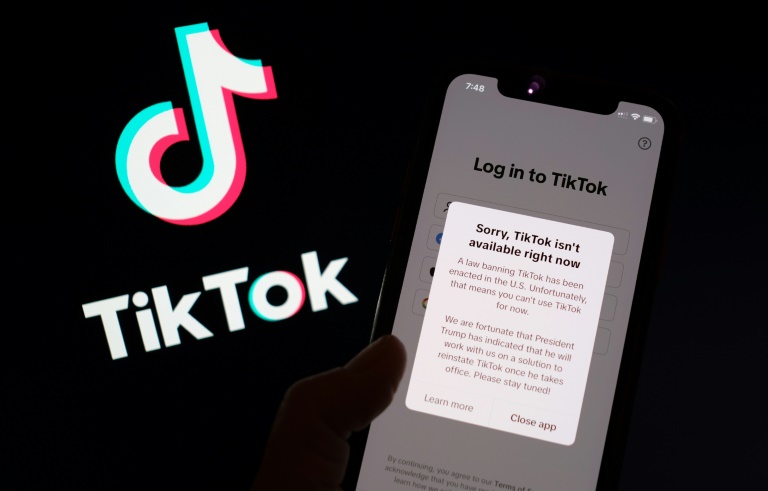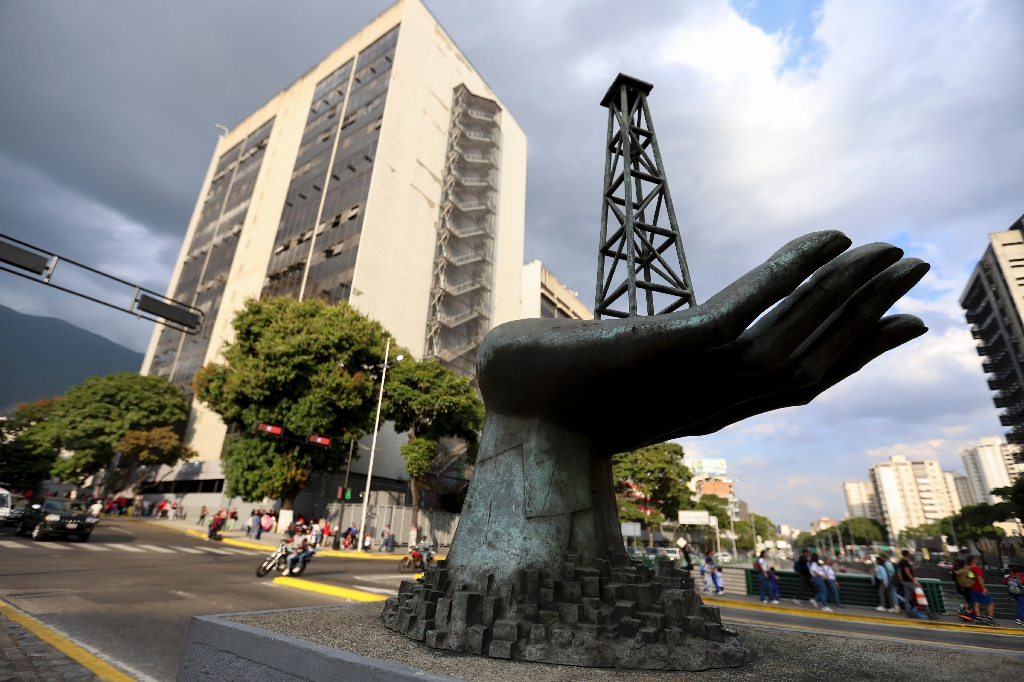The parents of Omer Neutra, a dual national US-Israeli soldier, are counting on President Joe Biden to bring their son home as he is believed to be one of hundreds of hostages seized by Hamas in its attack from Gaza last month. They have had no word about him since their ordeal, and that of the other hostage families, began on October 7.
“We feel we live in a separate universe than most of you,” his father Ronen Neutra told AFP in an interview. “We don’t sleep well. We don’t eat well,” he said, his face and voice fatigued. “We stopped working. We have a small business, we haven’t been involved in it, everything stopped.”
“This month feels like three months, and then again, it feels like yesterday,” said Omer’s mother, Orna, looking drained. Hamas militants swarmed out of the Gaza Strip on October 7 in a surprise raid that left some 1,400 people — mostly civilians — dead in Israel, while they also seized about 240 hostages, according to Israel.
Israel has vowed to destroy the Islamist militants, launching a campaign in the Gaza Strip that has killed more than 10,500 people, mostly civilians, according to the Palestinian territory’s Hamas-run health ministry.
Orna says she and the other hostage families know nothing about the status of their missing loved ones — whether they are being fed, if they are wounded — and does not understand Hamas’s motive for the attack.
Israel withdrew from the Gaza Strip in 2005 and two years later imposed a crippling air, sea and land blockade, as Hamas took control of the Palestinian territory.
The United States believes 10 Americans are being held by Hamas in Gaza, after two were released last month.
There was a glimmer of hope for some anguished families Wednesday, as a source close to Hamas said negotiations were underway for the release of a dozen hostages, including six Americans, in return for a three-day ceasefire in the Gaza Strip.
Some family members of the American hostages spoke to Biden in a video call on October 13.
Biden, who has pledged support for Israel in its war against Hamas, showed compassion as he spoke to the families for more than an hour and said he is determined to secure the hostages’ release, Ronen said. “As he said, it is a top priority,” Orna added.
– ‘Happy kid, social kid’ –
Omer’s mother described him as a “happy kid, social kid — sport and fun that really goes well with his age” with strong leadership skills. Omer turned 22 a week after he was presumed taken hostage.
Raised on Long Island, Omer went to Israel to experience the country of his parents, his mother said. He was also influenced by the experiences of his grandparents, who survived the Holocaust.
After finishing high school, Omer didn’t go straight to university, and instead traveled to Israel. He ended up enlisting for military service as his parents had done — and as most young Israelis do.
“We just thought it’s a great opportunity for him to meet other people, to understand the conflict in Israel, and to make a decision later on his next steps,” said Ronen.
Orna added: “He went there for the right reasons, you know, he felt that he wanted to protect, he’s not the kind of guy that was looking for a war.”
– ‘Absolutely wrong’ –
The last time the Neutras spoke with their son was the day before the Hamas attack.
When news began to arrive of unusual rocket fire from Gaza, and of Hamas militants crossing into Israeli territory, his parents sent Omer messages, but there was no reply.
“It took the Israeli government two more days to officially knock on our door with two officials, and basically tell us officially that (his) team on the tank was taken hostage,” Ronen added.
The family learned that the tank that their son was in on the border with Gaza had been hit by a missile.
“It started to go on fire, and at one point they had to open the tank and rescue themselves or they would die inside,” Ronen said. “At that point, they were taken out and taken into Gaza.”
“We’re calling on all the civilized world to stand together and say, ‘You know, this is absolutely wrong’,” he said, appealing for the hostages to have access to medical care and contact with the Red Cross. “And you got to negotiate their return to their families.” – Ana FERNÁNDEZ




